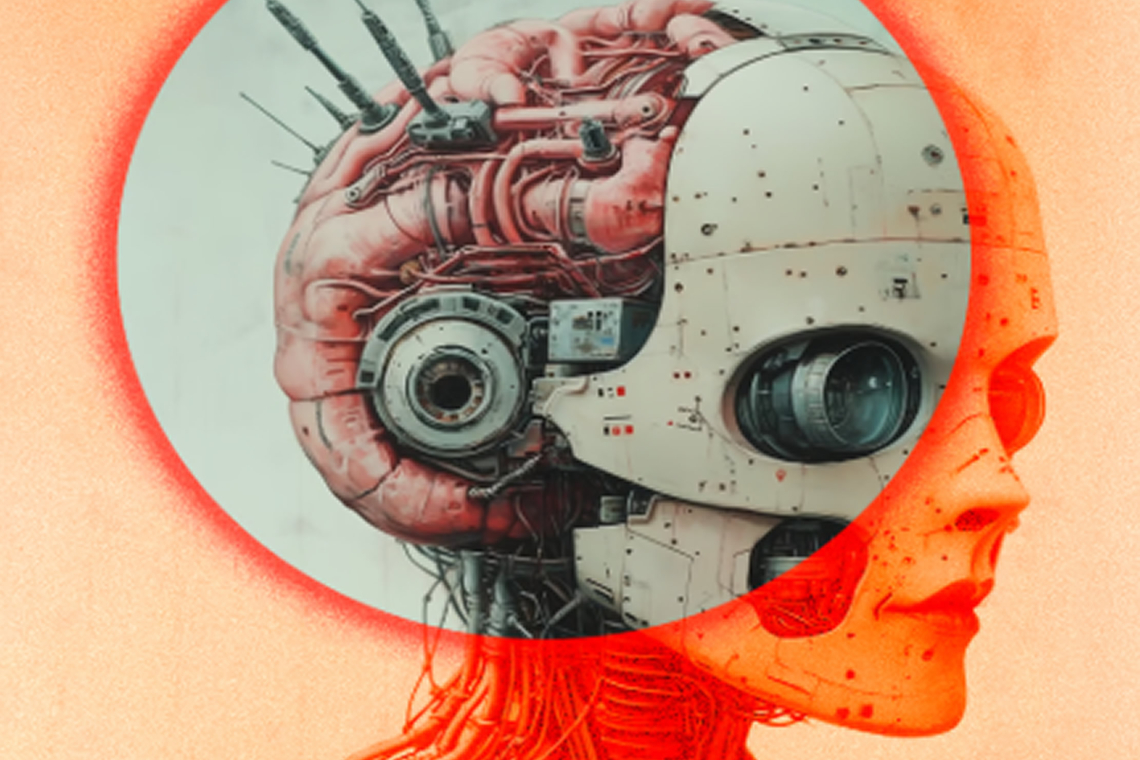AI Still Falls Short in Replacing Human Scientists, Study Finds
As artificial intelligence continues to advance, concerns about job displacement are widespread. However, a new study from the University of Florida suggests that generative AI still struggles to fully replace human researchers in critical areas of academic science.
Large language models (LLMs) like ChatGPT-4 have already made their way into various professional fields, fueling speculation that they could soon take over many jobs. To put AI’s capabilities to the test, researchers tasked generative AI models with writing a complete research paper while minimizing human intervention.
“We utilized commercially available AIs to perform each step of the research process, culminating in an AI-written manuscript,” the researchers explained. Their findings, published in the Journal of Consumer Psychology under the title AI and the Advent of the Cyborg Behavioral Scientist, highlight both the strengths and weaknesses of AI in academic research.
The study revealed that AI performed well in ideation and research design, particularly in methodology and stimulus development. However, it struggled significantly in key areas such as literature reviews, results analysis, and manuscript writing, requiring substantial human oversight.
“A pervasive fear surrounding these AIs is their ability to usurp human labor,” said Geoff Tomaino, assistant professor at the University of Florida Warrington College of Business. “In general, we found that these AIs can offer assistance, but that’s where their value ends. Researchers still play a crucial role, acting as directors and critics of AI rather than equal partners.”
The researchers recommend that behavioral scientists use AI models cautiously, ensuring quality control and coherence. They also suggest that academic journals establish clear policies for disclosing AI assistance in research papers.
Earlier this year, International Monetary Fund Managing Director Kristalina Georgieva projected that AI could impact 60% of jobs in advanced economies and 40% worldwide. While large-scale job losses haven’t yet materialized, experts warn that economic downturns—such as a potential recession—could accelerate AI-driven disruptions, including in academia.
Found this article interesting? Follow us on X(Twitter) and FaceBook to read more exclusive content we post.


